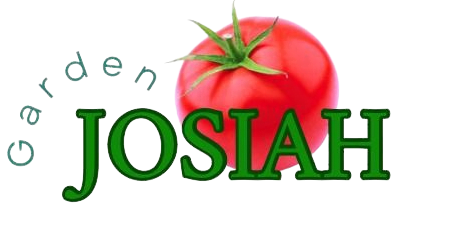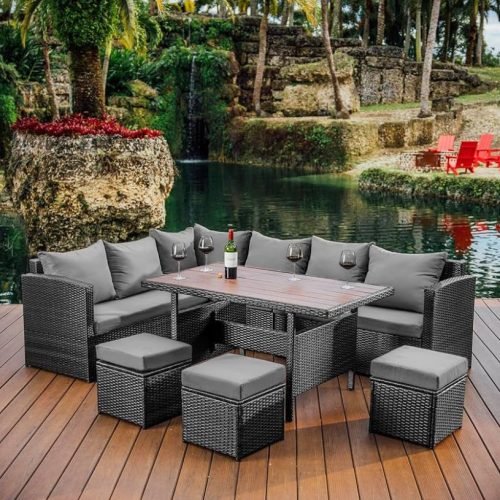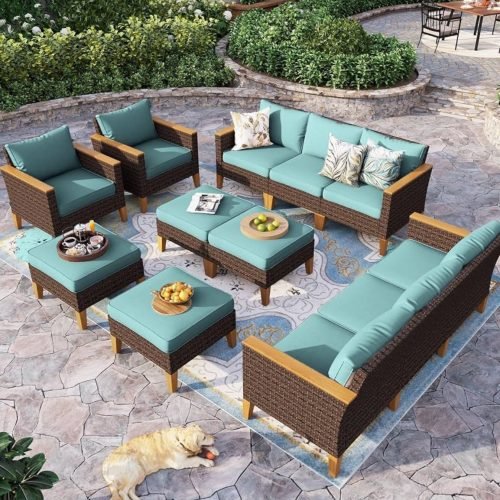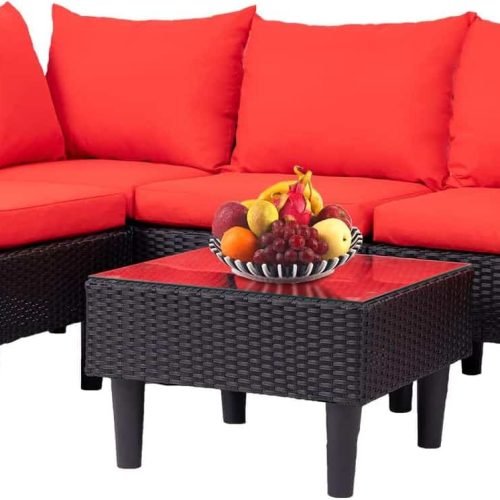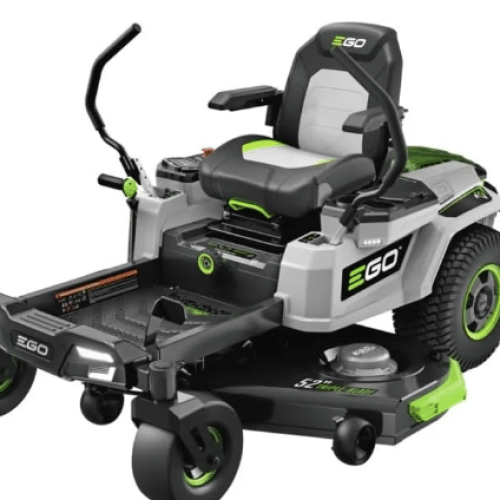Hey guys its JV Charles. Did you know that mulch can cut weed growth by at least 80%? Totally cool. I always use it . All types. This fact shows how much mulch can help your container garden. Mulch is a key tool for gardeners, helping with weed control, keeping soil moist, and managing temperature. Its the real deal!
Choosing the right mulch for your containers can be tough with so many options. We’ll look at the best mulches, their benefits, and tips for success with your plants. Check out this cool article I put together for you.
Key Takeaways
- Mulch is a versatile tool that can control weeds, retain moisture, regulate soil temperature, and more.
- There are numerous mulch options, including organic and inorganic materials, each with its own benefits.
- Choosing the right mulch for your container garden can make a significant difference in the health and growth of your potted plants.
- Proper application and maintenance of mulch are crucial for maximizing its effectiveness.
- Mulching containers is an eco-friendly and sustainable gardening practice that can enhance the overall beauty and productivity of your outdoor space.
Understanding the Benefits of Mulching Containers
Mulching containers has many benefits for your container gardens. Let’s look at the main advantages of using mulch in your potted plants and outdoor containers.
Weed Suppression and Moisture Retention
Mulching containers helps stop weeds from growing. It acts as a barrier, blocking sunlight from reaching weed seeds. This stops them from sprouting. Your container garden stays neat and weed-free.
Also, mulch keeps the soil moist. This means you water your plants less often. Your plants stay hydrated and healthy.
Temperature Regulation and Soil Protection
Mulch helps control soil temperatures. It shields the roots from hot or cold temperatures. This creates the best environment for your plants to grow.
It also stops soil from washing away and keeps the container clean. Mulch is key for a thriving, easy-to-maintain container garden. It helps whether you’re growing veggies, flowers, or decorative plants.
“Mulching containers is a simple yet effective way to optimize the growing conditions for your potted plants, ensuring they thrive throughout the season.”-JV Charles
Debunking Common Mulch Myths
There are many myths about mulching that need clearing up. As garden lovers, we aim to correct these misconceptions and give you the real facts about mulch.
Mulch Acidifies Soil: A Misconception
Many think that mulches like pine bark or pine needles make the soil too acidic. But, this isn’t usually true. Some mulches might lower the soil’s pH a bit at first, but the change is small and short-lived. The impact on soil acidity is often too small to worry about, and you can fix it with simple soil tests and adjustments.
Mulch Robs Nitrogen: A Partial Truth
Some believe that mulch takes nitrogen from the soil. This is mostly right, but not entirely. When organic mulch breaks down, it might need more nitrogen at first. But, as it continues to decompose, it will give back more nitrogen to the soil than it took. This often happens over time.
Mulch Attracts Termites: A Myth Busted
The notion that mulch attracts termites is not supported by facts. Because mulch is processed and bagged, it’s not good for termites. While some insects might live in mulch, it doesn’t bring termites to your garden. Using mulch correctly and keeping your garden healthy is better at stopping pests.
By understanding and debunking these mulch myths, you can use mulch in your container gardens without worry. Keep reading as we look into different mulch types to help your potted plants thrive.
“Gardeners are encouraged to use nature as a guide for mulching practices.” -Keleta Haralson, Lifetime Gardner
Experts say to look at the natural forest floor for mulching tips. The thick layers of leaves and needles there make a great mulch. They help stop weeds and keep plants healthy.
Organic Mulch Options for Container Gardens
In container gardening, we have many organic mulch options to choose from. Chopped leaves and shredded bark are great because they’re fine-textured and easy to work with. They also break down, adding nutrients to the soil.
Compost is another excellent choice for best mulch for container gardening. It looks good and helps soil health as it breaks down. Composting is a top way to improve soil, making it better for drainage and nutrients.
Chopped Leaves and Shredded Bark
Shredded leaves are a free organic mulch for planters that are full of nutrients. They help improve soil quality and boost earthworm activity. These materials are easy to use around plants, keeping moisture in and weeds down.
Compost: A Nutrient-Rich Choice
Compost is a great mulch that adds nutrients to the soil right away. It’s a key part of container gardens, making soil better and helping plants grow strong.
“Composting is highlighted as one of the best soil amendments for gardens, providing improved drainage and soil nutrient levels.” JV Charles
Inorganic Mulches for Potted Plants
Organic mulches like shredded bark or compost are great for container gardens. But, inorganic options like glass, pebbles, and stones are also good for potted plants. They add a polished look and help keep moisture in and weeds out.
Inorganic mulches don’t break down, so they last longer in container gardens. This is great for plants that don’t need much mulch. But, don’t use them in vegetable containers because they can make planting hard.
Glass, Pebbles, and Decorative Stones
For outdoor containers, glass, pebbles, and decorative stones can make your plants look great. They’re tough, easy to care for, and come in many colors and textures. Inorganic mulch for potted plants is perfect for cacti and succulents that like dry soil.
“Mulching potted plants can lead to thriving container gardens by maintaining moisture and regulating temperature, increasing soil quality and plant health, and controlling weeds and pests.”-JV Charles
When picking mulch options for indoor containers, think about your space’s style. Glass or polished stones work well for a modern look. Natural-hued pebbles or river rocks add a rustic touch to your indoor garden.
Inorganic mulches are a good choice for container gardens but don’t offer the same soil benefits as organic ones. Think about what your plants need when choosing inorganic mulch for potted plants.
best mulch for container gardening: Tips and Tricks
To get the most out of mulching containers, follow some key tips. Keeping the mulch 2-3 inches deep is key for weed suppression and moisture retention. Also, don’t let mulch touch plant stems or trunks to prevent rot and other problems. These steps help gardeners get the most from mulch in their container plantings.
Maintaining the Ideal Mulch Depth
Studies show mulch can boost yields by up to 30 percent. For best results, keep the right mulch depth around your plants. Aim for 2-3 inches of mulch spread evenly over the soil. This helps control weeds, keeps moisture in, and protects soil from extreme temperatures.
Avoiding Mulch Contact with Plant Stems
Mulching is great for potted plants, but avoid touching stems or trunks. This can cause rot, diseases, and pests. Make sure to leave a gap of an inch or two between the mulch and the plant base. This keeps your plants healthy and growing well.
By using these tips for mulching containers, gardeners can apply mulch correctly. This ensures their container garden thrives and gives plenty of harvests all season.
Mulch for Different Container Garden Scenarios
Choosing the right mulch is key to container gardening success. Different plants need different mulches. This depends on whether you’re dealing with perennial and annual beds, vegetable containers, or potted trees and shrubs.
Perennial and Annual Beds
For perennials and annuals in containers, fine mulches like chopped leaves, shredded bark, and pine chips are great. They’re easy to spread and help keep weeds down. They also keep the soil moist.
Vegetable Containers
For veggies in containers, try weed-free hay, straw, or dried grass clippings. These mulches stop weeds and keep the soil moist. This is key for healthy veggies.
Trees and Shrubs in Containers
For trees and shrubs in pots, go for chunkier mulches like big bark or wood chips. These don’t easily blow away or get caught in tools. They make a stable, lasting mulch layer.
Choosing the right mulch for your container garden helps with weed control, moisture, and plant health. This ensures your plants do well all season.
Purchasing and Applying Mulch Effectively
For your container gardens to flourish, you need the right mulch. It’s important to know how to buy and apply mulch for the best results.
Start by finding the right mulch for your containers. You can check local nurseries, garden centers, and even city compost programs. They offer many organic and inorganic mulch types. This makes buying mulch for containers easy and handy.
After getting your mulch, apply it correctly. Spread it 2-3 inches thick, evenly around the container. Keep it a few inches from plant stems to avoid rot. Proper application of mulch in containers keeps your plants healthy and thriving.
| Mulch Type | Ideal Usage | Advantages | Disadvantages |
|---|---|---|---|
| Organic Mulches (wood, bark, compost, grass clippings, leaves) | Perennial & annual beds, vegetable containers | Improve soil, last a few years | Decompose and need replacement |
| Inorganic Mulches (stone, pebbles, decorative glass) | Containers, low-maintenance areas | Permanent, no replacement needed | Challenging for planting, can float away |
Follow these easy tips for where to buy mulch for containers and how to apply mulch in containers. You’ll help your container garden stay healthy and beautiful all season.
“Effective mulching can lead to a 6-8″ layer covering the soil for optimal results.”
Mulching Containers: A Sustainable Choice
Using the right mulch in container gardens helps your plants and the planet. You can use local or homemade mulches like leaves, bark, and compost. These materials cut down on transportation and manufacturing waste. Plus, you can reuse mulches like pebbles and decorative stones, saving money and resources.
Recycling and Reusing Mulch Materials
Compost is a great mulch that improves soil over time. Shredded bark comes from sustainable sources like cedar trees. Straw mulch is perfect for vegetable gardens, preventing mud and enriching the soil.
Inorganic mulches like rocks can be used again and again. This reduces the need to buy new mulch often. Gardeners are getting creative with mulch, like using hazelnut shells from Oregon’s hazelnut farms. This approach cuts down on waste and helps control weeds in containers.
Choosing sustainable mulches and reusing them makes gardening better for the earth. Whether you prefer organic or inorganic mulches, focus on reducing waste and enhancing your garden’s health.
“Mulching containers not only benefits plant health but can also be a sustainable gardening practice.”-Jessica Tayler, Greenhouse Owner, Kansas City, MO
Conclusion
Our journey into container gardening shows how crucial the right mulch is. Mulching helps with weed control, keeps soil moist, and regulates temperature. It also protects the soil. These benefits make mulching essential for our potted plants.
We’ve learned that it’s important to choose from a variety of mulch types. Organic and inorganic mulches each have their own benefits. For example, compost is rich in nutrients, while cardboard is versatile. Each type can improve our container gardens in different ways.
Using mulch correctly is key to its success. We should apply it at the right depth and choose sustainable options. With the best mulch, our container gardens will flourish. They’ll show off our hard work with healthy, vibrant plants.
FAQ
What are the benefits of mulching containers?
Mulching containers has many advantages. It stops weeds from growing, keeps the soil moist, controls soil temperature, and prevents soil erosion and splashing.
Are there any common myths about using mulch in containers?
Yes, some myths exist. People think mulch makes the soil too acidic or takes away nitrogen. They also believe it attracts termites. But these ideas are not true.
What are some good organic mulch options for container gardening?
Great organic mulch choices include chopped leaves, shredded bark, and compost. They are fine-textured, easy to handle, and give nutrients as they decompose.
Can inorganic mulches be used in container gardens?
Yes, inorganic mulches like glass, pebbles, and stones work well in containers. They look nice, keep moisture in, and stop weeds. They don’t break down over time.
What are some tips for successfully mulching containers?
Important tips are to keep the mulch 2-3 inches deep. Also, don’t let the mulch touch plant stems or trunks to prevent rot and other problems.
How do I choose the best mulch for different types of container plants?
The best mulch type depends on the plants. Fine-textured mulches like chopped leaves and shredded bark are good for perennials and annuals. Weed-free hay or straw is best for vegetables. Chunkier mulches like large bark or wood chips are great for trees and shrubs.
Where can I purchase mulch for my container garden?
You can find mulch at local nurseries, garden centers, or through municipal compost programs. When applying, spread it evenly and keep it 2-3 inches deep around the container.
How can mulching containers be a sustainable gardening practice?
Mulching containers can be sustainable by using local or homemade organic materials like leaves, bark, and compost. Reusing inorganic mulches like pebbles and stones season after season is also good for the planet.
